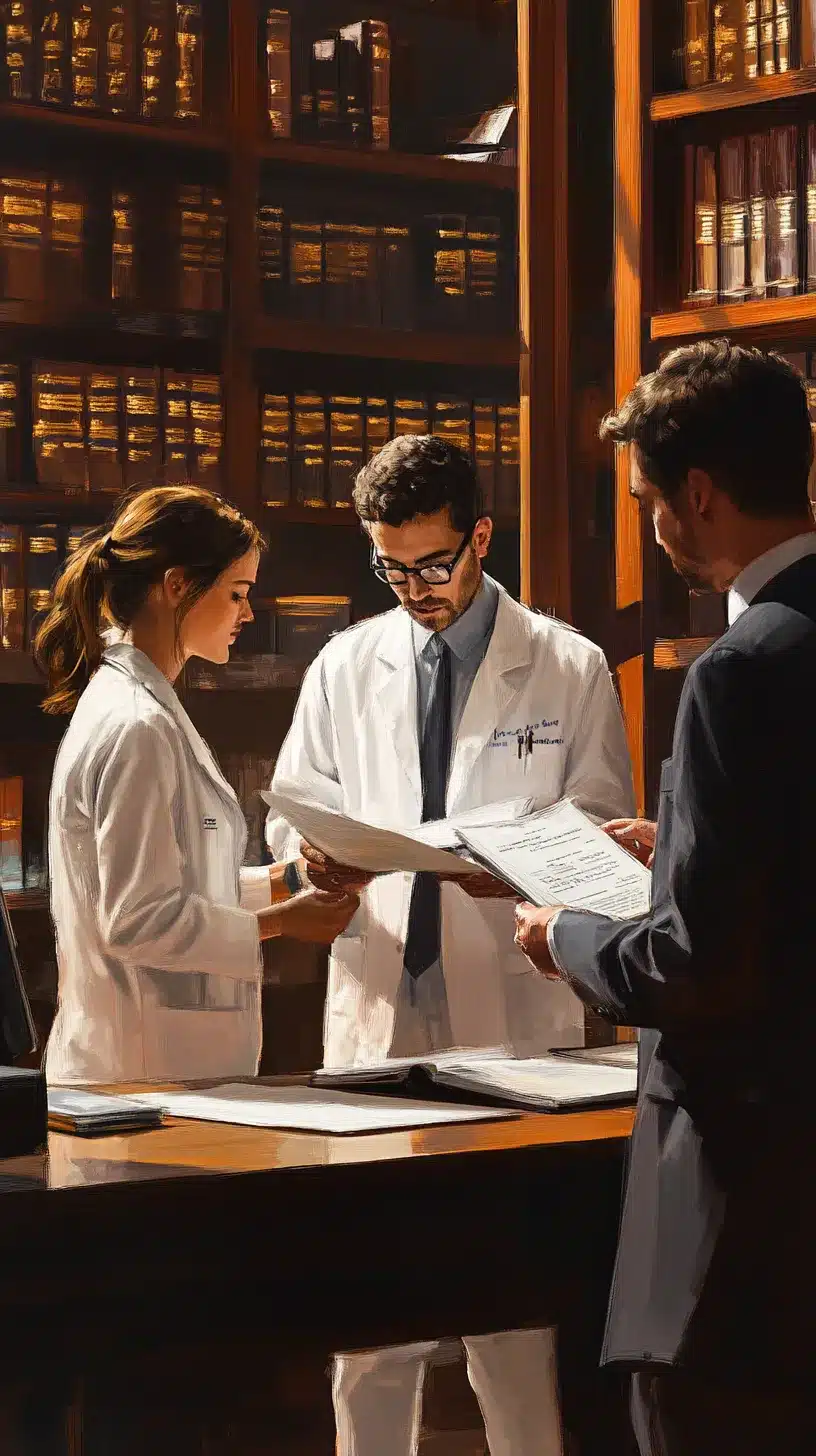Matter of Global Liberty Ins. Co. v Eveillard, 2019 NY Slip Op 02521 (2d Dept, 2019)
(1) Procedural issue: ” Although this Court denied Global’s motion to stay all proceedings pending hearing and determination of its appeal from the order dated May 30, 2018 (see Matter of Global Liberty Ins. Co. of New York v Eveillard, ___ AD3d ___, 2018 NY Slip Op 79786[U] [2d Dept 2018]), Global nonetheless has preserved its right to appellate review of this order by virtue of its motion for such temporary judicial relief (see Matter of Commerce & Indus. Ins. Co. v Nester, 90 NY2d 255, 264). ” – You’re welcome. Most of you out there did not know this rule.
(2) ” In support of its petition, Global submitted its investigative report of the loss, in which Global identified “numerous fraud red flags'”; an affidavit from its manager of the Special Investigation Unit; a letter from Liberty Mutual Insurance Company confirming that the insurance policy on the other vehicle was cancelled prior to the date of the loss; and a sworn statement from the driver of the insured livery vehicle detailing the events leading up to, during, and after the collision, including his observation that the passengers in his vehicle did not appear to be injured.”
(3) ” Here, contrary to the Supreme Court’s determination in the order dated May 30, 2018, Global set forth evidentiary facts and submitted documentary evidence sufficient to establish a preliminary issue as to whether the collision giving rise to the claim for uninsured motorist benefits was an accident or an intentional act orchestrated, in part, by Eveillard (cf. Matter of American Protection Ins. Co. v DeFalco, 61 AD3d 970, 972; Matter of AIU Ins. Co. v Nunez, 17 AD3d 668, 669). Since Eveillard submitted evidence sufficient to rebut Global’s evidentiary showing, a temporary stay of arbitration pending a framed-issue hearing is warranted (see Matter of Hertz Corp. v Holmes, 106 AD3d 1001, 1003).
Conclusion: My evidentiary submission appears to have been sufficient to obtain a permanent stay of the hearing. In normal parlance, that would be a prima facie case. The affidavit in opposition raised an issue of fact. This appears to be perhaps the second time this has occurred in papers at the Appellate Division. I think SF v. Laguerre was the first, but I am not checking for purpose of this post. Let’s hope my memory is correct.
This is a very interesting case and another “road map” for practitioners to observe as to whether they have “the goods” to prove the accident is indeed staged, whether on paper or at hearing/trial/arbitration.












